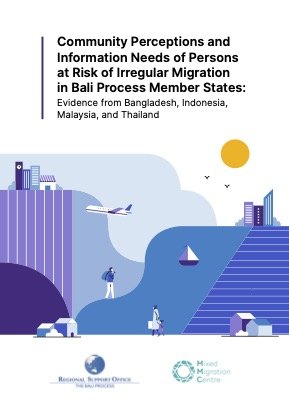By Humanity Research Consultancy
In early 2023, campaigners in Thailand, Malaysia, and Indonesia lodged a formal complaint with the ASEAN Intergovernmental Commission on Human Rights, the region’s main human rights institution, regarding potentially thousands of victims of trafficking in persons (TIP) for forced criminality in scam compounds, from every single ASEAN country. A 2023 United Nations report also estimates that hundreds of thousands have fallen victim to this growing trend of human trafficking for forced criminality, trapped in scamming compounds across the Asia region and beyond. According to media reports and previous investigations undertaken by Humanity Research Consultancy (HRC), Thailand has been an important hub for this type of crime, acting as a transit, destination and source country due to its geographical proximity to scamming compound hotspots across the region. Nevertheless, the extent of Thailand and its citizens’ involvement in these crimes, namely Thai authorities’ responses to the issue, remain unclear to the public, as well as to counter-human trafficking organisations. This research aims to address this gap, forming a valuable contribution to the current body of knowledge in order to enhance understanding and develop effective strategies, by identifying best practices, to combat human trafficking for forced criminality in Thailand. This report provides an overview of trafficking for forced criminality involving Thailand, covering the trafficking routes, modus operandi and trends related to TIP for forced criminality. It also outlines the legal frameworks in Thailand to address forced criminality at the domestic, bilateral and regional levels. Additionally, the report encompasses a breakdown of demographics and characteristics of vulnerable groups targeted by traffickers, including disaggregated data of Thai and non-Thai victims of TIP for forced criminality in Thailand. Finally, the report outlines the challenges and obstacles faced in addressing trafficking for forced criminality, particularly with regard to the actions of Thai law enforcement and government bodies, as well as local nongovernmental organizations working to counter these crimes in the region
Little Rick, AR: Winrock International, 2024. 38p.




